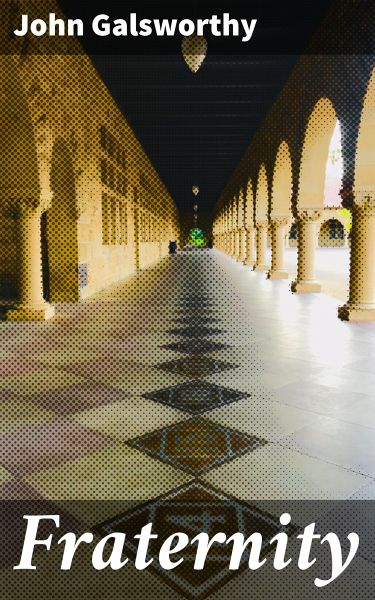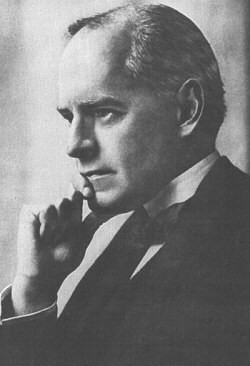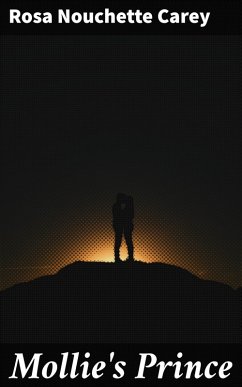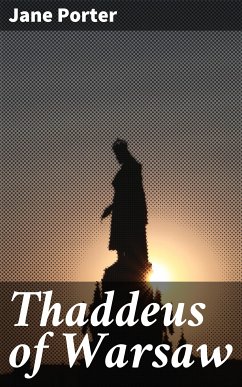
Fraternity (eBook, ePUB)
Enriched edition. Exploring societal complexities and personal struggles
Kommentar: Page, Ian / Redaktion: Good Press

PAYBACK Punkte
0 °P sammeln!
In 'Fraternity,' John Galsworthy explores the intricacies of human relationships amidst the backdrop of societal change. This early 20th-century work combines elements of drama and social commentary, encapsulating the essence of Galsworthy's literary style, which is characterized by its nuanced characterizations and rich, descriptive prose. The book probes deep into themes of love, loyalty, and the often complex interplay of personal and collective identity. Set within a turbulent historical context marked by class struggles and moral dilemmas, Galsworthy's narrative offers a poignant reflecti...
In 'Fraternity,' John Galsworthy explores the intricacies of human relationships amidst the backdrop of societal change. This early 20th-century work combines elements of drama and social commentary, encapsulating the essence of Galsworthy's literary style, which is characterized by its nuanced characterizations and rich, descriptive prose. The book probes deep into themes of love, loyalty, and the often complex interplay of personal and collective identity. Set within a turbulent historical context marked by class struggles and moral dilemmas, Galsworthy's narrative offers a poignant reflection on the need for mutual understanding and compassion in a fractured world. John Galsworthy, awarded the Nobel Prize in Literature in 1932, was deeply influenced by his experiences in early 20th-century England, where he witnessed the burgeoning labor movements and the social disparities of his time. Having a background in law and literature, Galsworthy's incisive observations of society are mirrored in his works, which often depict the struggles of individuals against larger societal forces. His commitment to social reform and his exploration of human consciousness make 'Fraternity' a significant addition to his oeuvre. 'Fraternity' is highly recommended for readers interested in the intersections of human psychology and societal challenges. Galsworthy's ability to weave rich narratives with pressing social issues invites reflection and discussion, making this work particularly relevant in today's context of global interconnectivity and collective responsibility. In this enriched edition, we have carefully created added value for your reading experience: - A succinct Introduction situates the work's timeless appeal and themes. - The Synopsis outlines the central plot, highlighting key developments without spoiling critical twists. - A detailed Historical Context immerses you in the era's events and influences that shaped the writing. - An Author Biography reveals milestones in the author's life, illuminating the personal insights behind the text. - A thorough Analysis dissects symbols, motifs, and character arcs to unearth underlying meanings. - Reflection questions prompt you to engage personally with the work's messages, connecting them to modern life. - Hand-picked Memorable Quotes shine a spotlight on moments of literary brilliance. - Interactive footnotes clarify unusual references, historical allusions, and archaic phrases for an effortless, more informed read.
Dieser Download kann aus rechtlichen Gründen nur mit Rechnungsadresse in A, B, BG, CY, CZ, D, DK, EW, E, FIN, F, GR, H, IRL, I, LT, L, LR, M, NL, PL, P, R, S, SLO, SK ausgeliefert werden.














